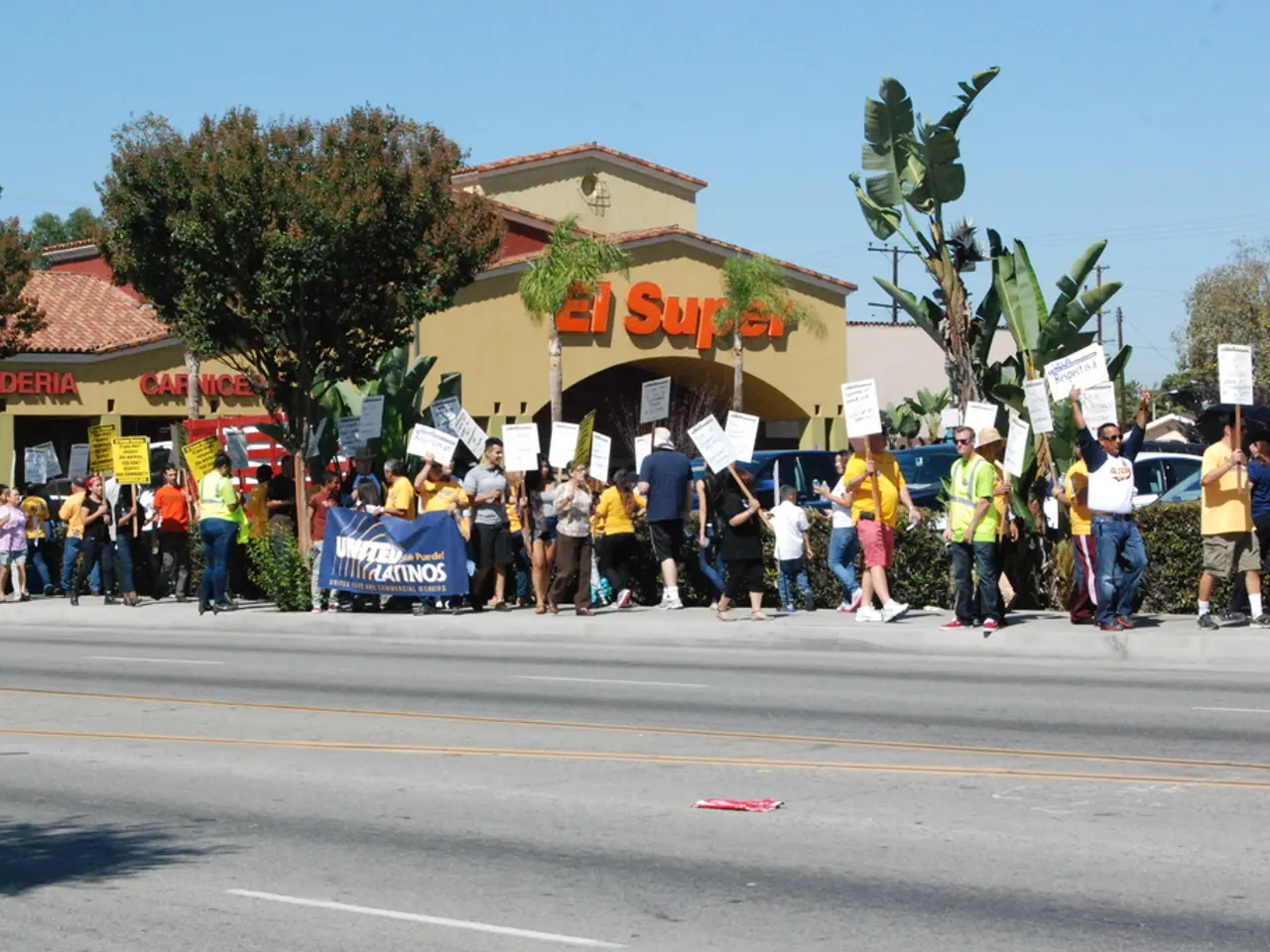Countdown: 100 days and 100 nights elapse
In the current political landscape, the first 100 days of a government's term is often seen as a warm-up phase for media to draw initial conclusions about its work. This notion is echoed in the ongoing debate around basic income in Germany, which shares some striking similarities and differences with Franklin D. Roosevelt's New Deal during the Great Depression in the United States.
The New Deal, a groundbreaking government intervention, was heavily covered by media as a transformative economic rescue effort. It aimed to lift living standards through job creation, price stabilization, and social security measures, and is credited with stabilizing the US economy and improving the plight of many during the Depression. In contrast, Germany's Citizen’s Income (a form of basic income) is portrayed as an attempt to improve social welfare benefits amidst inflation and economic challenges, but faces criticism for inadequacy, particularly among vulnerable groups.
The impact on living standards varies between the two. The New Deal aimed to broadly improve living standards, while Germany's Citizen’s Income has brought some improvements, but analyses reveal these incomes still fall short relative to poverty risks, especially for certain family types.
Funding for both initiatives has been a contentious issue. The New Deal was primarily funded through increased federal spending, higher taxes, borrowing, and government debt issuance. In Germany, discussions around funding basic income link to managing social security contributions, taxation policies, and government budgets. Recent freezes in benefit hikes are justified by mathematical formulas used to calculate standard rates, indicating a focus on fiscal sustainability.
Interestingly, the media portrayal of both initiatives differs significantly. The New Deal was framed as a massive economic overhaul, while Germany's debate is more focused on adequacy, fairness, and fiscal prudence within a modern welfare state context.
However, the struggle for many people receiving basic income persists. Fears about housing costs are prevalent, and one proposed solution is to give people less money for housing. This raises questions about the adequacy of basic income and the ongoing challenges in raising living standards for the most vulnerable.
References:
- Human Rights Watch's analysis of Germany's Citizen’s Income adequacy
- Scholarly articles on social policy debates in Germany
- Britannica and historical records on Germany’s welfare state and Roosevelt’s New Deal
- Statistics on the use of basic income as a supplementary income
- Trade-union affiliated Boeckler Foundation's presentation of new facts regarding basic income and minimum wage comparison.
- Migration discussions often revolve around the impact of war-and-conflicts on affected regions, with policy-and-legislation aimed at providing safe passages and improving living conditions for displaced individuals.
- In the general news, car-accidents and their causes, such as drunk driving or distracted driving, are routinely covered to raise awareness and promote safer driving practices.
- Integrated in political debates, crime-and-justice reforms are proposed to reduce crime rates and establish fairer sentencing policies.
- Acknowledged as a pressing issue, fires and their prevention measures are a central part of municipal policies and emergency services approaches.
- Beyond economics and social welfare, the broader implications of politics extend to various aspects of life, increasingly impacting topics such as healthcare, climate change, and education.








